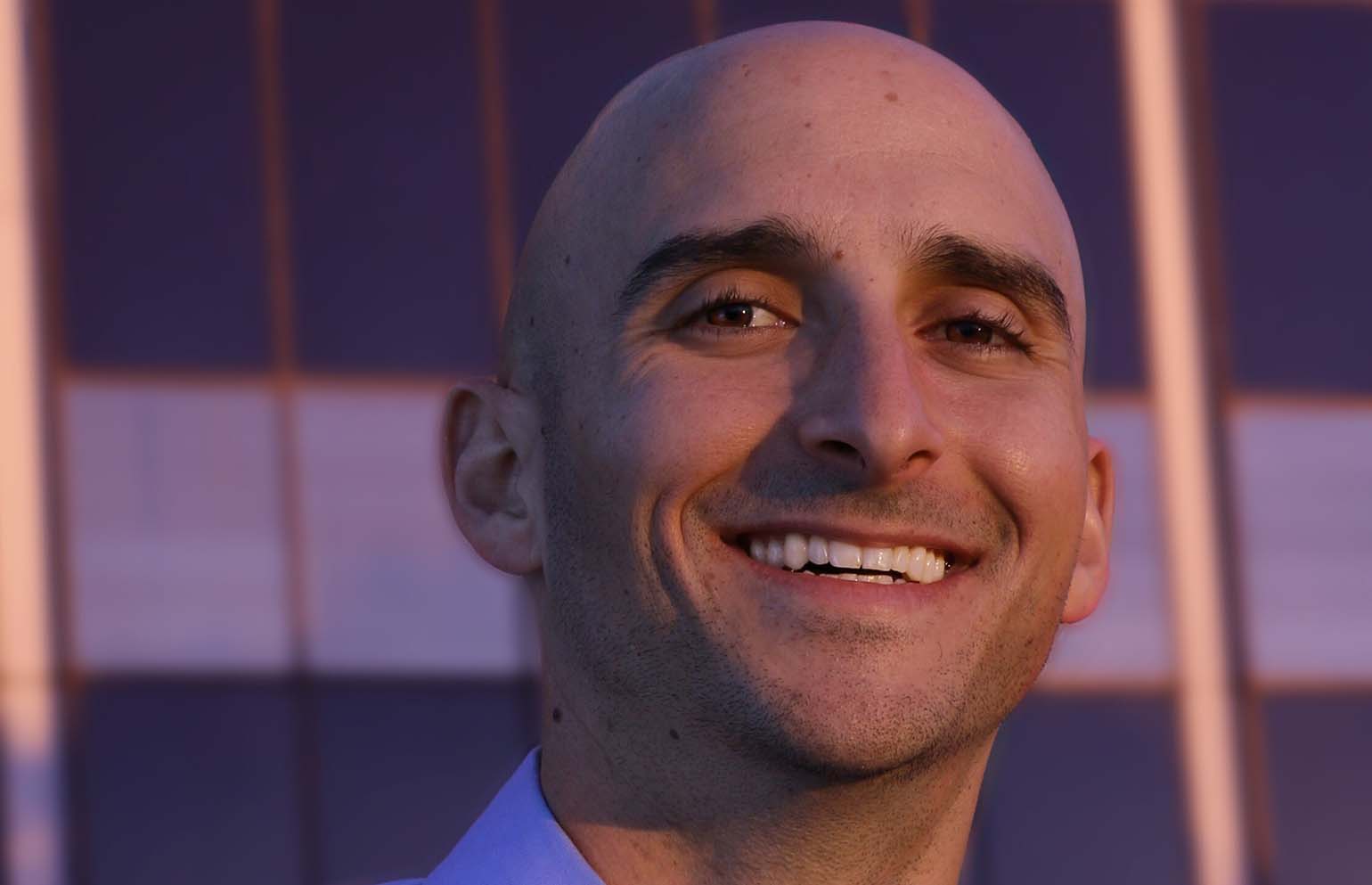[ad_1]
OpenAI released its GPT-3.5 artificial intelligence chatbot for free use late last year and every sector of the economy has taken notice, financial advisors included.
The attention accelerated in March as an updated service—GPT-4—became available to anyone willing to pay a $20 subscription fee.
OpenAI opened its API in March, meaning widespread integration of the game-changing technology into the technology advisors already use.
But beyond the wealthstack, advisors are finding ways to use ChatGPT and similar, currently available tools on their own.
Mark Wilson, a 56-year-old financial planner with MILE Wealth Management in Irvine, Calif., is a tech native with a bachelor’s degree in computer science, so buying a subscription to GPT-4 was a “no-brainer.”
Wilson has been entering prompts to see how ChatGPT might help with his financial planning work yet found many of the results “pretty useless or worse.” After much experimentation, however, he has settled on some 15 use cases where the tool has been helpful, including idea generation, summarizing blocks of dense text and composing drafts of client communications.

Mark Wilson found 15 use cases where ChatGPT is helpful to his practice.
Joey Loss, a financial planner with Flow Financial in Jacksonville, Fla., also pays the $20 per month subscription fee for the upgraded version of ChatGPT. He uses it to organize talking points on various subjects to share with clients, though cautions the information needs to be verified and personalized to the intended audience.
Kevin J. Brady, a financial advisor at Wealthspire in New York City, is 33 years old but said he would not characterize himself as the earliest adopter of new technology. Brady has found two main uses for the technology in his work: as a reference or template to answer common client questions and to brainstorm and smooth out written content to make it more readable.
Recently Brady wrote a white paper on a complex estate planning strategy for private equity partners; Microsoft Word said it was close to a 13th-grade reading level.
ChatGPT helped Brady reduce the word count by about 150 words and tweak the writing, bringing it closer to an 11th-grade reading level. A similar task completed without AI would have required several rounds of edits by colleagues.
John Boyd, founder and lead wealth advisor of MDRN Wealth in Scottsdale, Ariz., said clients have checked in with him to make sure he, and not an AI bot, was managing their portfolios.
Curtis J. Crossland, a financial planner with Suttle Crossland Wealth Advisors in Scottsdale, Ariz., said while concern that artificial intelligence will change the job of a financial planner was warranted, it won’t eliminate the human.
Even after AI surpasses the Turing Test—developed by mathematician Alan Turing to measure the moment when machines communicate at a level indistinguishable from humans—many clients will still want to work with a person.

AI won’t replace the human advisor.
Ron Strobel, a 34-year-old financial planner with Retire Sensibly in Meridian, Idaho, said he feels “swamped” with all the new fintech options, including AI.
Strobel said he sees AI as being beneficial when it comes to back-office tasks, including processing documents, sending reminders to advisors, maintaining client files, databases and compliance logs.
But the main hurdle preventing Strobel’s firm from adopting AI is the small size of his business serving a handful of clients. He said he didn’t see the utility of investing in AI given the size of his firm because he can deal with clients just as effectively one-on-one. If his firm was larger, he said, he might see a need to invest more in tools like AI to handle the volume.
Eric Amzalag, a 33-year-old financial advisor and owner of Peak Financial Planning in Woodland Hills, Calif., said that while he has found the technology to be a time-saver in terms of summarization of large amounts of text, a human is still required when using it to produce scenario-based planning answers and publishable content.

AI has been a huge time-saver.
Yet Amzalag thinks if individual planners and RIAs do not increasingly incorporate these tools, brokerages like Schwab and Fidelity will, and that will help them “eat small practices’ lunches.”
Amzalag said he could foresee payroll companies and large brokerages eventually programming an AI financial planner that is so thorough and sophisticated it will replace the bottom 80% to 90% of financial planners who serve “low-complexity” clients.
On the flip side, Amzalag said he could also envision AI becoming a useful tool for tasks, including note taking, appointment setting, transcription, trading, and customer service, allowing an advisor to service a larger number of clients. Amzalag envisioned his clients interacting with an AI-backed “Eric bot” programmed to answer basic questions about plans and the planning process.
Anything more complicated, he said, could be forwarded to the actual Eric.
[ad_2]
Source link

